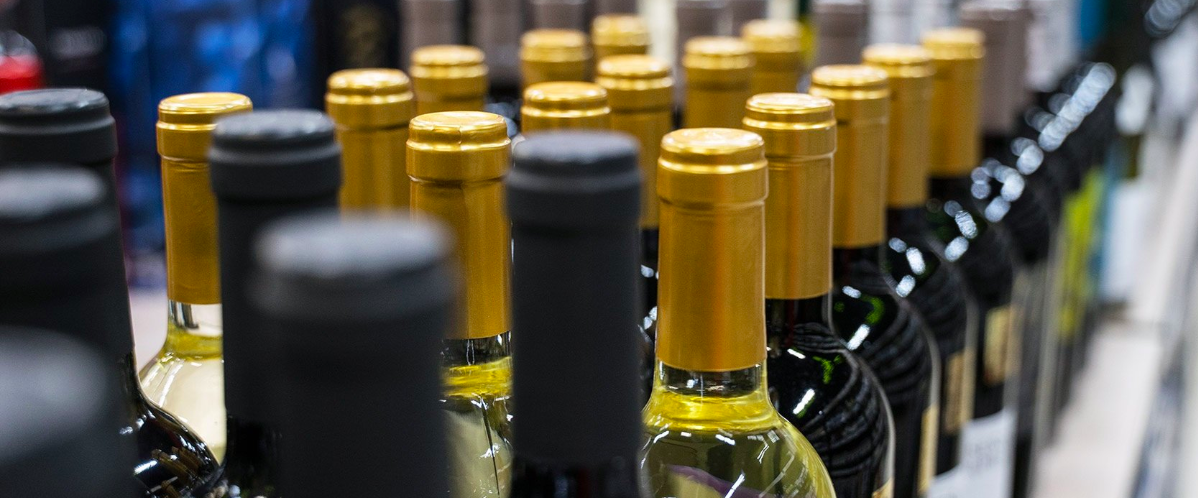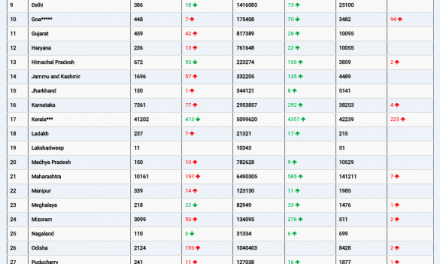
Date: January 18, 2024
In a groundbreaking study, researchers from the University of Cambridge have provided real-world evidence supporting the effectiveness of reducing the size of alcoholic drink servings as an intervention to tackle excessive alcohol consumption. The study, published in the open-access journal PLOS Medicine, focused on 21 licensed premises in England and observed a notable reduction in wine consumption when the largest individual serving size was removed from the menu.
Excessive alcohol consumption ranks as the fifth-largest contributor to premature death and diseases on a global scale. Recognizing the impact of environmental cues on drinking habits, the research aimed to investigate the practical outcomes of decreasing the size of servings of alcoholic beverages sold by the glass.
For the study, the researchers collaborated with 21 licensed premises, requesting them to exclude the largest serving size of wine by the glass, typically 250 mL, from their menus for a four-week period. The establishments’ total volume of wine, beer, and cider sales was then closely monitored.
The results revealed a significant 7.6% decrease in the total volume of wine sold during the four-week intervention. Contrary to concerns about potential compensatory behaviors, there was no overall increase in the sales of beer and cider. Interestingly, there was a rise in the sales of smaller wine servings by the glass, typically 125 mL and 175 mL. However, this uptick did not translate into increased sales of wine by the bottle or beer and cider.
Crucially, despite the reduced volume of wine sold, the licensed premises experienced no change in daily revenue. This financial stability is attributed to the increased profit margin associated with smaller glasses of wine, reflecting a potential shift in consumer preferences towards smaller, more manageable servings.
The findings of the study suggest that the removal of the largest wine serving option prompted consumers to opt for smaller alternatives, leading to an overall reduction in alcohol consumption. This presents a promising intervention for addressing population-wide issues related to excessive drinking, potentially warranting consideration in alcohol licensing regulations.
Lead author Theresa Marteau highlights the significance of the study’s results, stating, “Removing the largest serving size of wine by the glass in 21 licensed premises reduced the volume of wine sold, in keeping with the wealth of research showing smaller serving sizes reduce how much we eat. This could become a novel intervention to improve population health by reducing how much we drink.”
The study advocates for further exploration of such interventions as part of comprehensive strategies to promote responsible alcohol consumption and mitigate the associated health risks.











